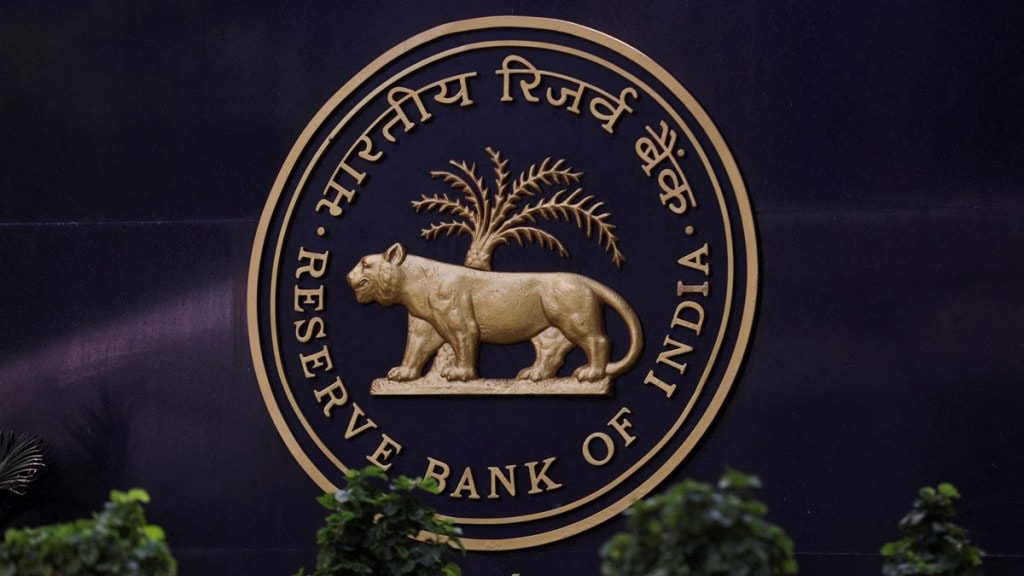The issuance of commercial papers (CPs) is expected to rise, with the Reserve Bank of India (RBI) expanding the list of eligible issuers for these debt instruments. The RBI has recently allowed infrastructure investment trusts (InvITs), real estate investment trusts (REITs), cooperative societies and limited liability partnerships to raise funds via CPs. The new directives will take effect from April.
“The RBI has expanded the list of eligible CP issuers through these guidelines,” Suman Chowdhury, chief economist and head of research, Acuite Ratings & Research, told FE. “Some REITs and InvITs which raise funds from bond market may tap the CP market for funds. There will be some increase in issuances. To what extent, we need to see.”
REITs and InvITs are usually rated higher, so their CPs will also be rated higher by agencies, allowing them to find investors without much difficulty, Chowdhury said.
The RBI on Thursday released guidelines on CPs and non-convertible debentures (NCDs) of original or initial maturity of up to one year. As per the revised norms, CPs and NCDs issued from April 1 onwards will have a minimum denomination of Rs 5 lakh and in multiples of Rs 5 lakh thereafter.
Through these guidelines, the RBI is aiming to raise the number of issuers and supply of short term-papers in the market. Currently, the CP market is dominated by big corporate issuers who are rated higher by CRAs. Corporates, NBFCs and brokerage firms account for close to over 80% of CP issuances. Companies raised Rs 42,874 crore through CPs during the fortnight ended December 31, 2023, according to RBI data.
The idea behind this circular is to increase the depth of the market and allow more issuers to raise funds, say experts. “These are enabling provisions by the central bank allowing other entities to tap CPs to raise funds,” said Anil Gupta, senior vice president and co-group head, ICRA. “CPs can become a bridge-funding tool for REITs and InvITs.”
According to the new guidelines, the end-use of funds raised through CPs or NCDs should be disclosed in the offer document.
In the event of default, the issuer will not be allowed to issue CPs or NCDs till full repayment of the defaulted obligation, or six months after the date of default, whichever is earlier. If an issuer fails to pay back the interest or redeem a CP or NCD, it must let the issuing and paying agent know about the missed payment details before 5 pm on the day of the default.
“Disclosure (related to default) has been a problem in the past. Now if an issuer misses a payment on CPs or NCDs, they will have to share this information publicly,” said Chowdhury.

